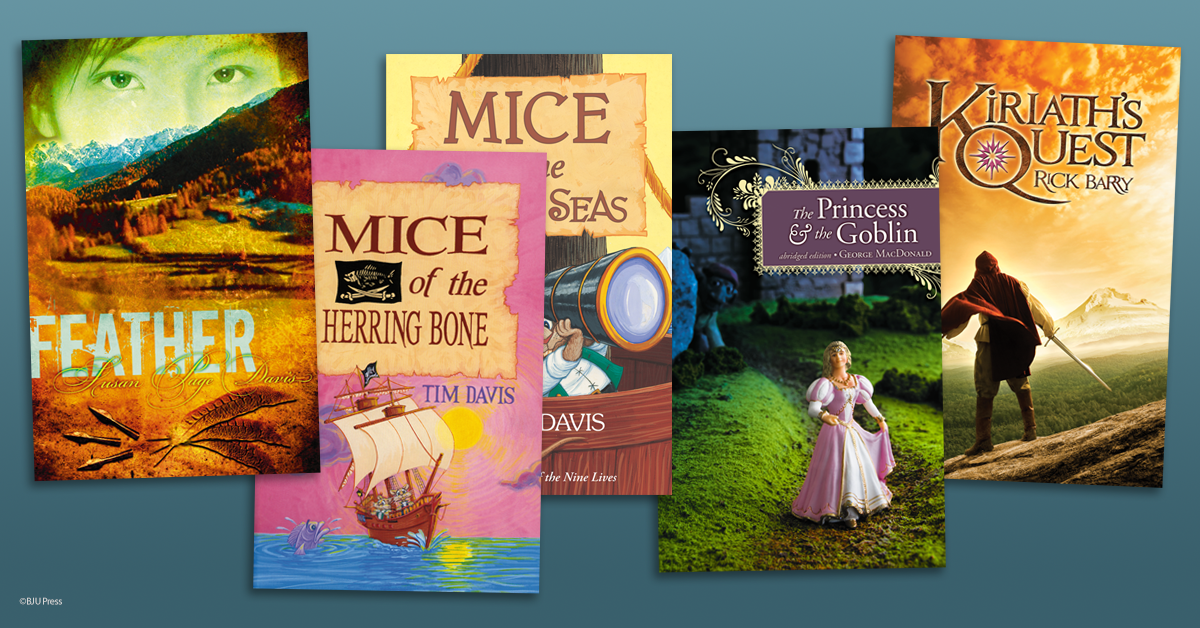
As your children pick out books for their summer reading, you may wonder whether fantasy is an appropriate option. Consider these key questions before making up your mind about fantasy.
What is fantasy, and what is its purpose?
Simply put, fantasy is a genre of literature with fanciful or imaginative settings, characters, or plot devices. The purpose, according to C. Hugh Holman, coauthor of A Handbook to Literature, may be “for the whimsical delight of the author or reader, or it may be a means used by the author for serious comment on reality.” Fantasy as a genre is much like a car, a means of getting from one place to another, and whether it’s good or bad depends on how a person uses it.
Why have some had a negative opinion of fantasy?
Some people argue that fantasy (and even fiction in general) is just “a lie” because the events and settings and characters aren’t found in real life. However, at least twice in the Bible, fanciful fiction appears in service of truth (Judges 9:8–15; 2 Kings 14:9). Again, it’s not the genre itself but rather the use it is put to that determines its value. Some Christians reject fantasy because some stories present lurid violence, graphic sensuality, or the triumph of evil over good. However, these characteristics are unacceptable in a work of any genre, not just in fantasy. Rather than judging a novel by its genre, we should determine whether the work has a solid moral tone (i.e., whether it presents good as desirable and evil as offensive). (For a thorough look at this topic, see The GEM Approach.)
How can fantasy benefit your children?
Fantasy offers an opportunity to teach children to think biblically. The whimsical element of fantasy allows young readers to enter a new world with new experiences where good and evil are easily seen and identified. They learn there to be discerning readers and develop literary skills that are key in understanding biblical themes. Reading The Pilgrim’s Progress, for example, which presents a journey as a metaphor for the Christian life, will enrich their appreciation for the beauty and meaning in Psalm 23 since it also speaks of life as a daily walk with dangers and joys.
If you’re looking for good fantasy from a Christian worldview, consider these fanciful fiction books from JourneyForth.
Some good thoughts here although The Pilgrim’s Progress is more accurately classified as allegory than fantasy. One of the greatest powers of fantasy is that it can present good and evil in more distilled forms than they are often encountered in real life. Good men are always flawed, and bad men can mask their evil, possibly leading some to question if good and evil really exist. Fantasy can often instill in children and adults alike a strong moral sense. Obviously not all fantasy does this, but the best of it does.